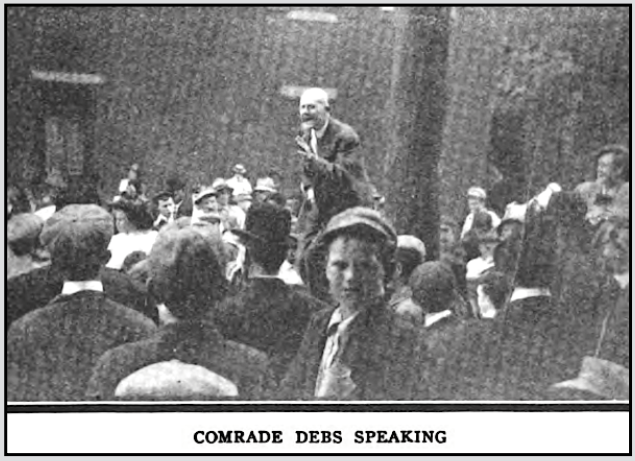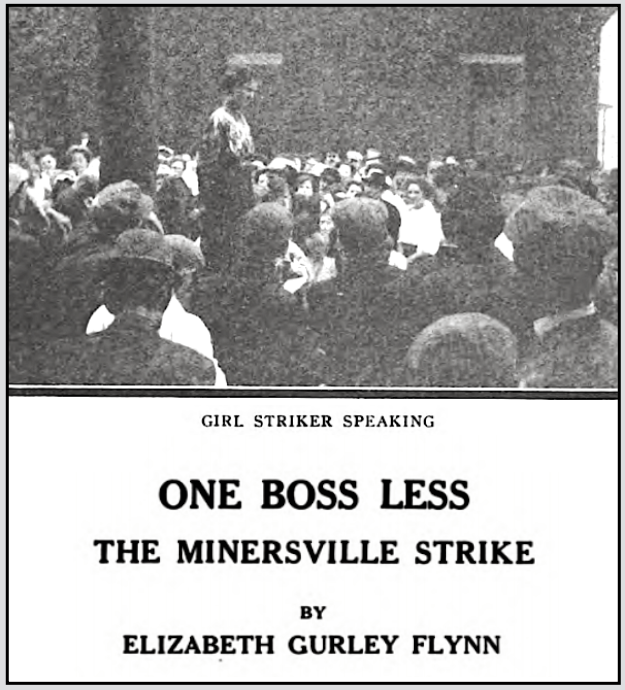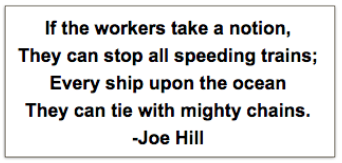 —————
—————
Hellraisers Journal – Friday November 3, 1911
“Switched off the Main Line” by Phillips Russell
From the International Socialist Review of November 1911:
ON the last of September, the long delayed strike of the System Federation among the shopmen of the Harriman lines took place, extending from the middle west to the Gulf in the south and taking in all that territory westward to the Pacific ocean.
The System Federation comprises the shopmen of ten different organizations. the principal ones being the International Association of Machinists, Brotherhood of Railway Carmen, Brotherhood of Boilermakers, Brotherhood of Blacksmiths and Helpers, International Association of Sheet Metal Workers, the steamfitters, clerks, painters, engine hostlers and members of the Federal Labor Union. The first five mentioned are the leading organizations involved. The international presidents of these unions, having had many conferences with Vice-President Kruttschnitt of the Harriman lines, finally called the strike on three lines, these lines being the Illinois Central, the Southern Pacific and the Union Pacific lines.
The union officials claimed that 25,000 men came out. The railroad heads asserted there were only a few thousand at most.
In this strike there are just two questions with which the men in the ranks need concern themselves, and these are-hours and wages. The matter of recognition early in the fight was made the most of, but of all the issues involved, this was the most insignificant. However, the Federation heads insisted on making recognition the leading demand and pushing the first two fundamentals into the background.
Of all the questions at issue, that pertaining to the hours of labor is supreme. Men on strike can afford to make the matter of wages a secondary issue. It is the hours that count, for it cannot be too often repeated that shorter hours in variably mean higher wages.
Several thousand unorganized workers followed the union men out, and having been given the impression that the revolt was for an eight hour day and better conditions, they were eager for the fight.
But on learning that the question of hours and conditions was not going to figure in the struggle, and on hearing the incessant chant of the Federation heads that they asked only recognition for the Federation, the unorganized men soon lost interest and began to drift back into the shops.

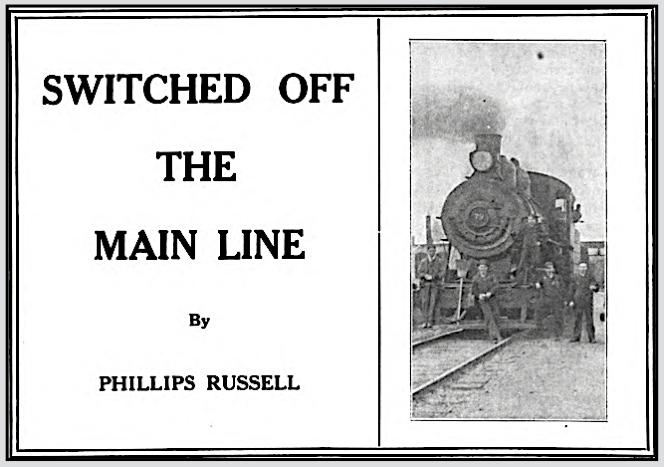
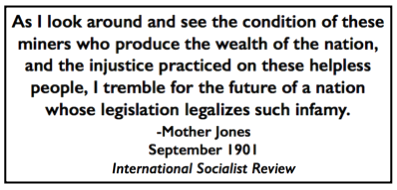 —————
—————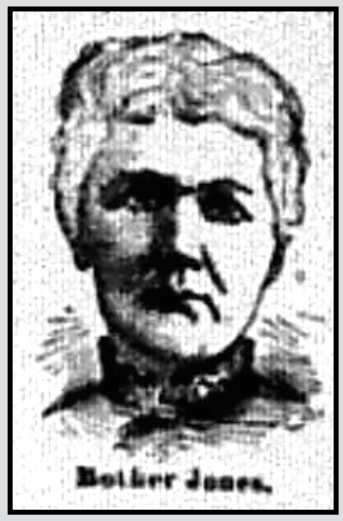

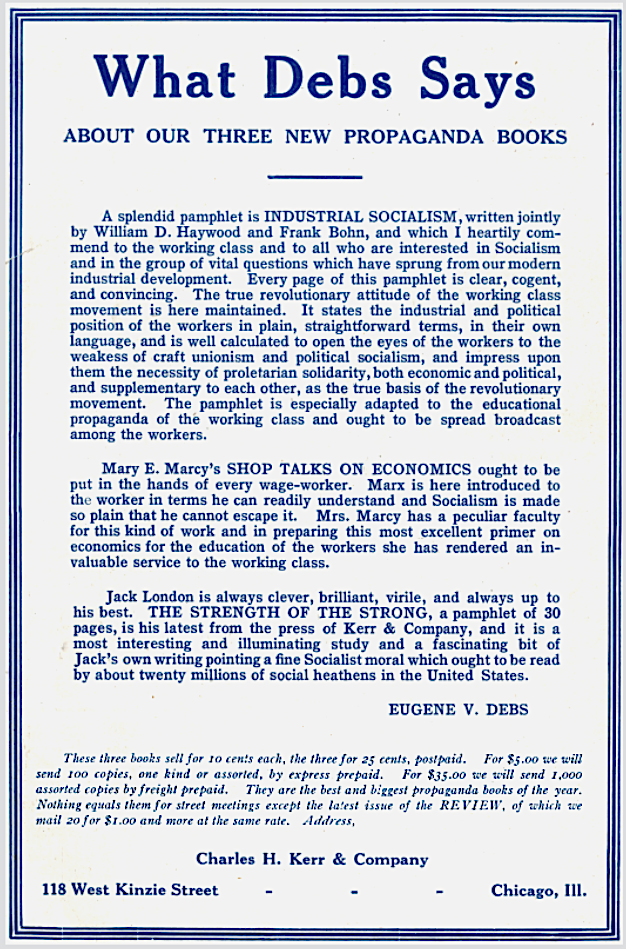

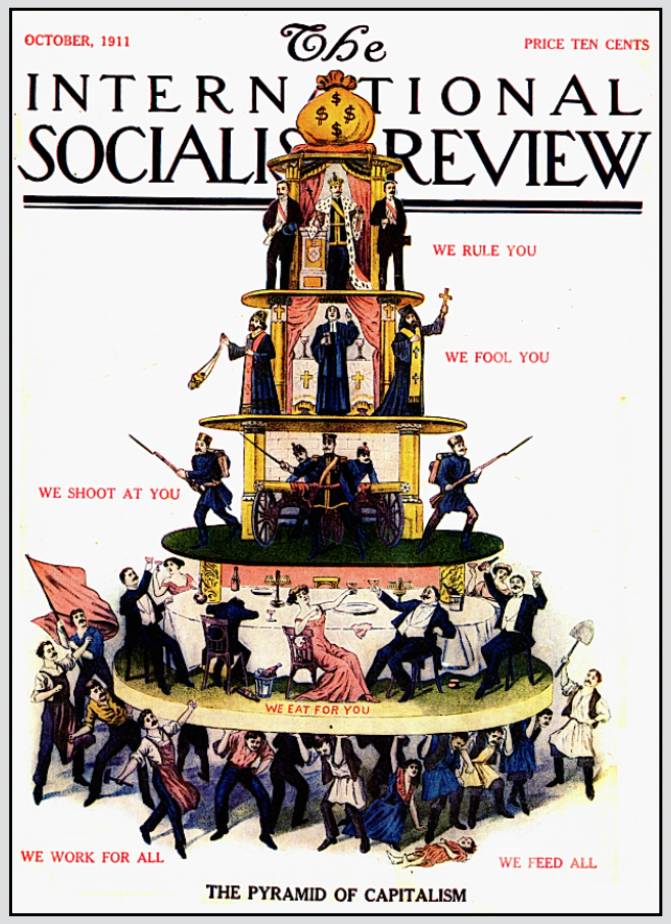
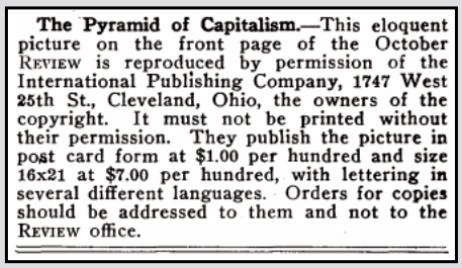
 —————–
—————–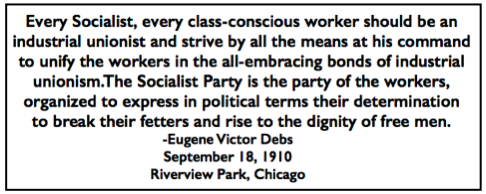 —————
—————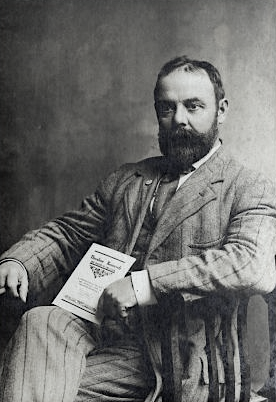
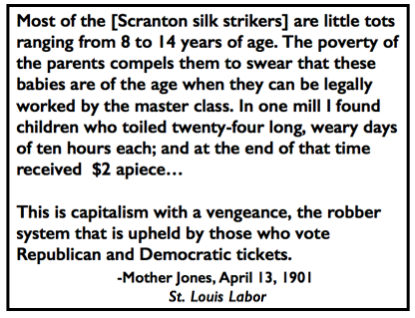 —————
—————


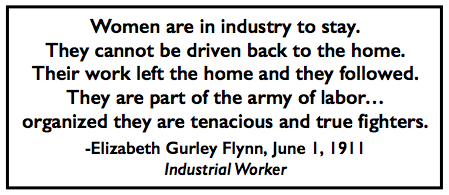 —————
—————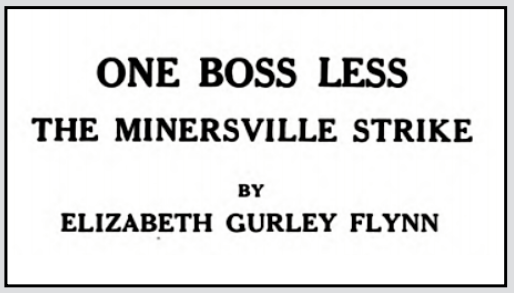 —–
—–